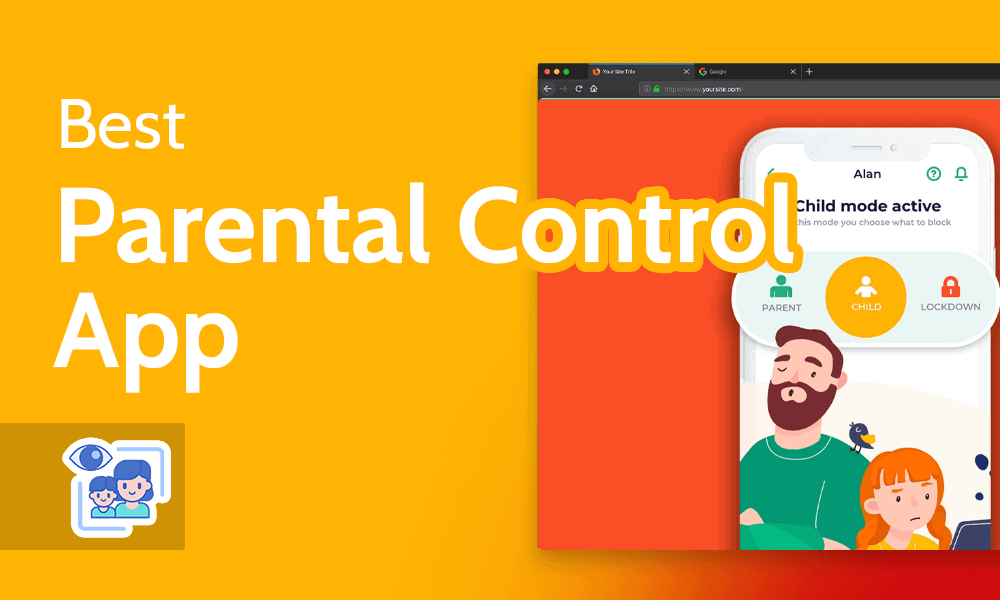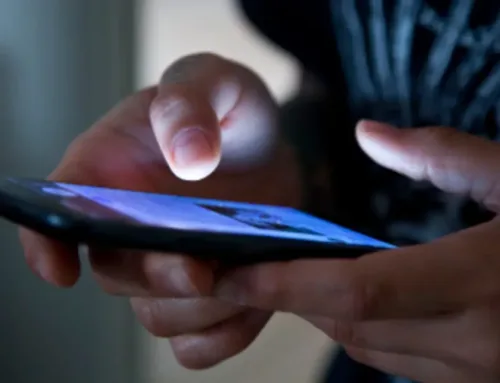In today’s digital age, the desire to spy on a cell phone has become more common, driven by concerns over trust and transparency in relationships. Whether it’s to ensure a child’s safety or to uncover potential dishonesty, many individuals find themselves considering options to monitor their loved ones’ activities. However, it’s crucial to navigate this landscape ethically and legally, particularly when it comes to sensitive matters like privacy and consent.
Understanding the Need to Monitor
The need to spy on text messages or monitor cell phone activity often arises from feelings of uncertainty. People may suspect that a partner is hiding something or that their child is engaging in risky behaviors. While the urge to seek the truth is understandable, it’s vital to approach this matter with caution and respect for privacy. Unauthorized monitoring can lead to significant legal repercussions and damage relationships irreparably.

Example of a user-friendly monitoring app
Legal and Ethical Considerations
Before considering any form of monitoring, it’s important to understand the laws governing such actions. In many jurisdictions, spying on someone’s phone or their text messages without their knowledge and consent is illegal. Legally, individuals must obtain explicit permission from the person being monitored, especially if they are over 18 years of age.
For example, if you’re a parent looking to keep tabs on your child’s safety, discussing the need for monitoring can create an environment of trust rather than fear. Open communication can often yield better results than covert operations.

Building trust through open communication
Tools for Monitoring
If you have the necessary consent and want to ensure the safety of a loved one, several legitimate tools and applications allow you to spy on a cell phone effectively. These tools offer various features, from monitoring text messages to tracking location and app usage.
1. Parental Control Apps: Designed for parents, these applications allow you to monitor your child’s phone activity, including text messages, calls, and social media interactions. They often come with features like geo-fencing, which alerts you if your child strays beyond a set boundary.
2. Employee Monitoring Software: Businesses may choose to monitor company-issued phones to ensure that employees are using them for work-related tasks. Again, transparency is key; informing employees about monitoring practices can help maintain trust within the workplace.
3. Relationship Monitoring Tools: If both partners agree to use monitoring apps to foster transparency, certain applications can track text messages and call logs. However, it’s essential to approach this with mutual consent to avoid breaching trust.

Trends in phone monitoring and relationships
How to Spy on Text Messages Responsibly
If you’ve received permission to monitor a loved one’s phone and want to spy on text messages, follow these best practices:
Choose the Right App: Research and select a reputable application that fits your monitoring needs. Look for apps with good reviews and a clear privacy policy.
Inform the User: Ensure that the person whose messages you’re monitoring is fully aware and agrees to the monitoring process. This creates an environment of trust and respect.
Monitor Wisely: Use the information you gather responsibly. The goal should be to foster communication and trust, not to invade privacy or control another person’s life.
Building Trust Instead of Breaching Privacy
While technology can provide tools to spy on a cell phone, it’s crucial to remember that the foundation of any healthy relationship is trust. Instead of resorting to monitoring, consider fostering open dialogue. Encourage your partner or child to share their concerns and thoughts. This can lead to a more positive relationship dynamic and eliminate the need for suspicion.
For those who find themselves compelled to monitor without consent, it’s essential to reflect on the reasons behind this desire. Often, feelings of insecurity can be addressed through conversation and counseling rather than covert actions.
Consequences of Unauthorized Monitoring
Engaging in unauthorized monitoring can have serious consequences. Apart from potential legal repercussions, such actions can severely damage relationships. Trust is difficult to rebuild once it has been broken, and the act of spying can lead to feelings of betrayal and resentment.
Finding Balance in Monitoring
In conclusion, the desire to spy on a cell phone or spy on text messages stems from a natural instinct to seek the truth. However, it’s imperative to approach this desire with caution, focusing on ethical and legal standards. Open communication and consent should be at the forefront of any monitoring decision.
If you feel compelled to monitor someone’s phone activity, first ensure that you have their consent and that both parties understand the boundaries. By prioritizing trust and transparency, you can navigate these challenging waters without sacrificing personal relationships or ethical standards.




Leave A Comment